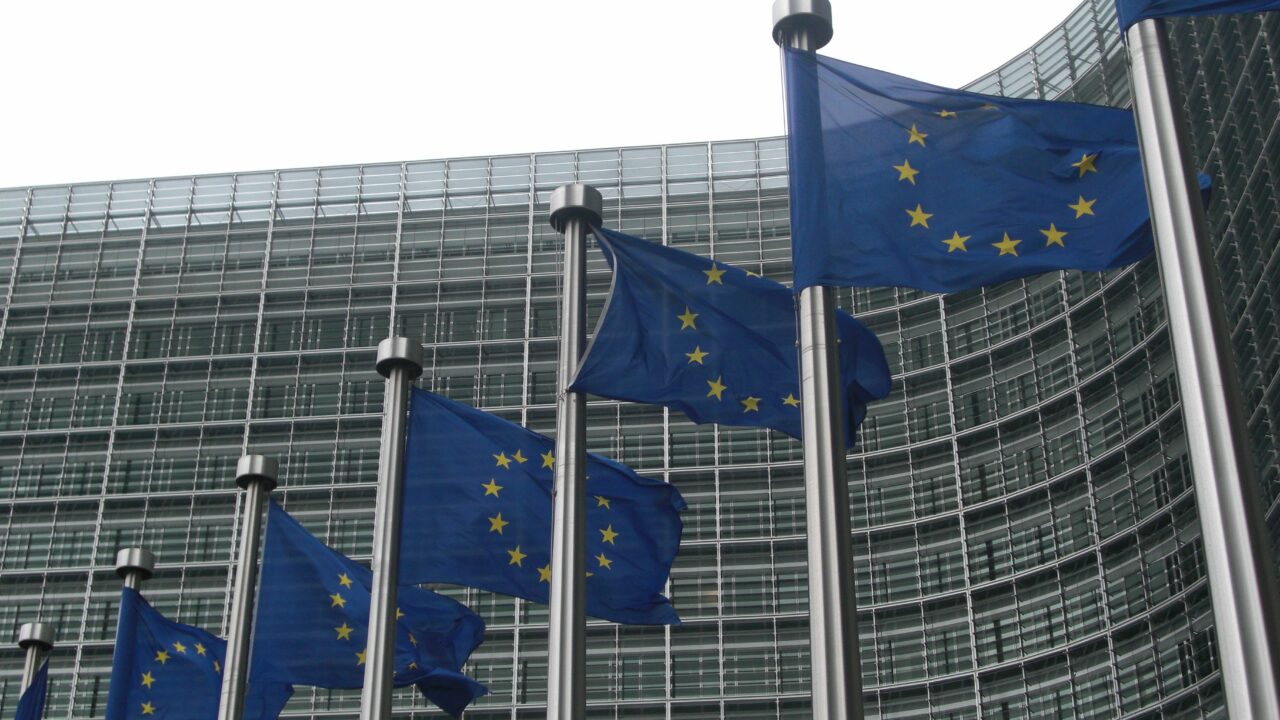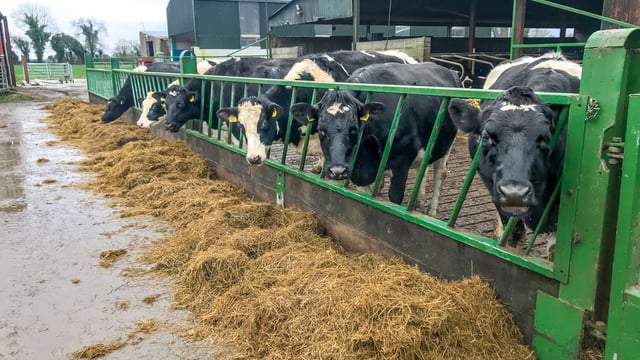Irish MEP calls for CAP to 'return to its roots'
An Irish MEP has called for the Common Agricultural Policy (CAP) to "return to its roots" on sustainable food production.
Speaking at a conference on 'Strengthening Food Security and Strategic Autonomy in the EU', Nina Carberry called for a return to what she called the "core mission" of CAP.
The conference was organised by the European People's Party (EPP), and featured contributions from European Commission officials, the representatives from the Polish Presidency of the EU, and MEP Siegfried Muresan, the European Parliament’s chief negotiator on the EU's long-term budget, the multiannual financial framework (MFF).
The Ireland Midlands--North-West MEP, who is a substitute member of the European Parliament's budget committee (and the only Irish MEP on the committee, including its regular members), said that agriculture "must not be sidelined".
Her comments come as the EU prepares to develop its next MFF post-2027.
Under the current MFF from 2021 to 2027, CAP was allocated around 31% of the EU's total funding.
"Agriculture must continue to have a dedicated, ring-fenced financing mechanism. This is not just an economic issue, it's a strategic necessity," Carberry said.
The Fine Gael MEP said that there is a "vital connection" between food security and Europe's overall security and defence.
"Food security is fundamental to Europe's strategic autonomy, making agriculture more critical than ever to broader security and competiveness.
"We must also ensure that rural regions become more attractive for investment, job creation and innovation," she added.
Carberry called for agriculture to remain central to the conversation on the EU's budget after 2027.
She also called for less bureaucracy and more practical support for farmers.
"There is simply too much paperwork. Farmers need to get back to doing what they do best, producing food.
Carberry called for a comprehensive simplification package, similar to a recent "omnibus simplification" package for sustainability and due diligence.
Carberry has also recently called on the European Commissioner for Trade Maros Sefcovic to look again at the list of counter tariffs to be imposed on the US to avoid backlash.
The European Commission plans to impose extra duties on up to €26 billion ($28.4 billion) on US imports, matching the economic scope of the US tariffs. The tariffs imposed by the US corresponds to approximately 5% of total EU goods exports to the US.
The EU tariffs have been delayed and will come into force by mid-April, following consultation of member states and stakeholders.
In the meantime, the EU remains ready to work with the US administration to find a negotiated solution, and the measures can be reversed at any time should such a solution be found.





